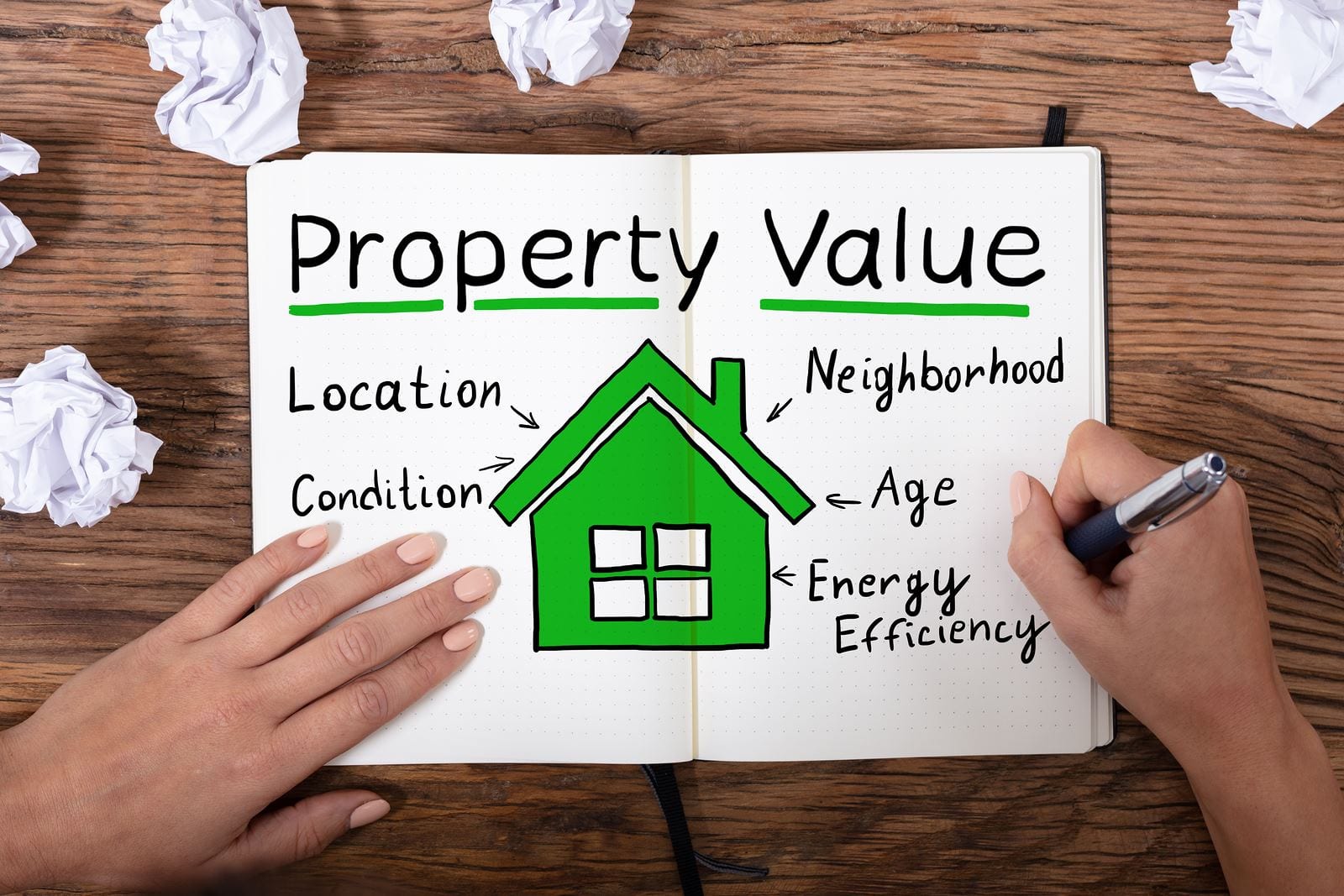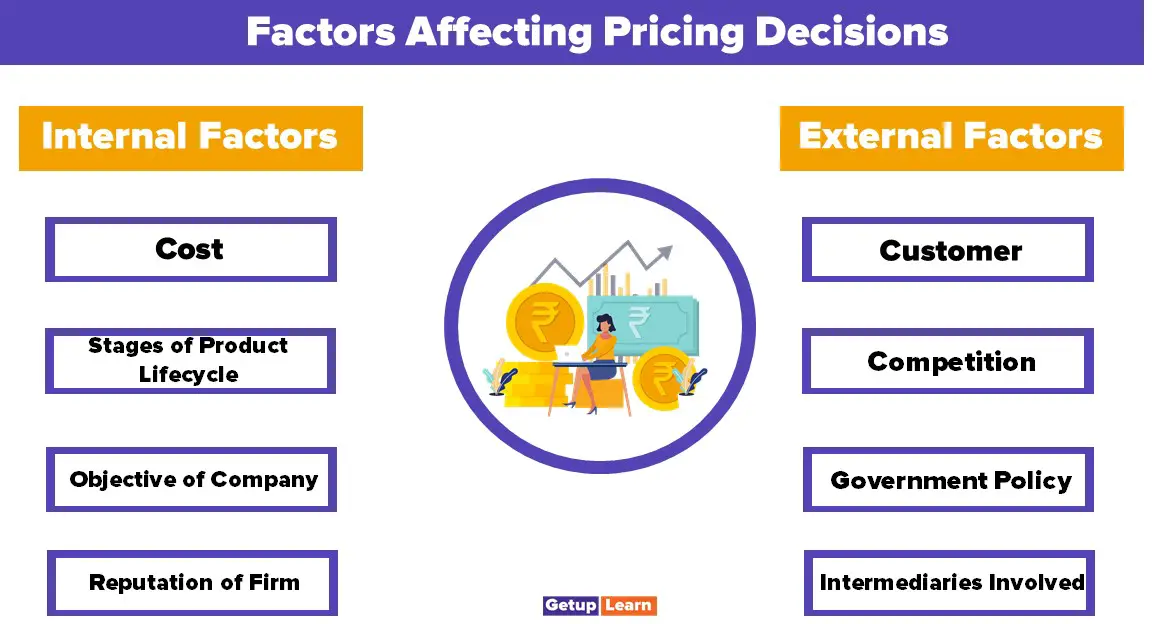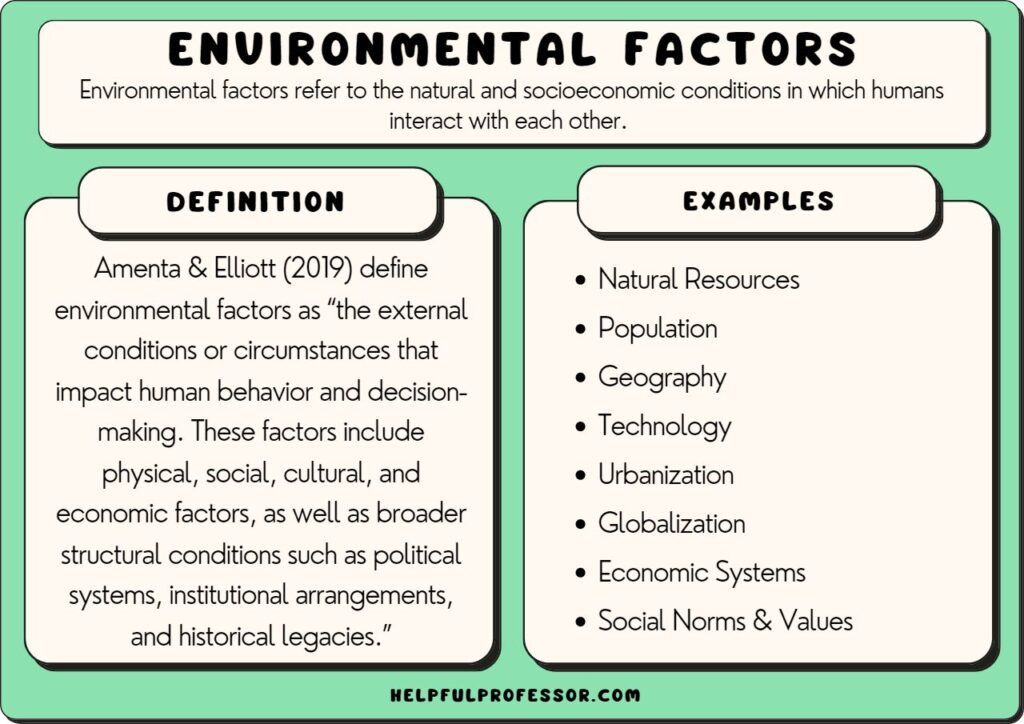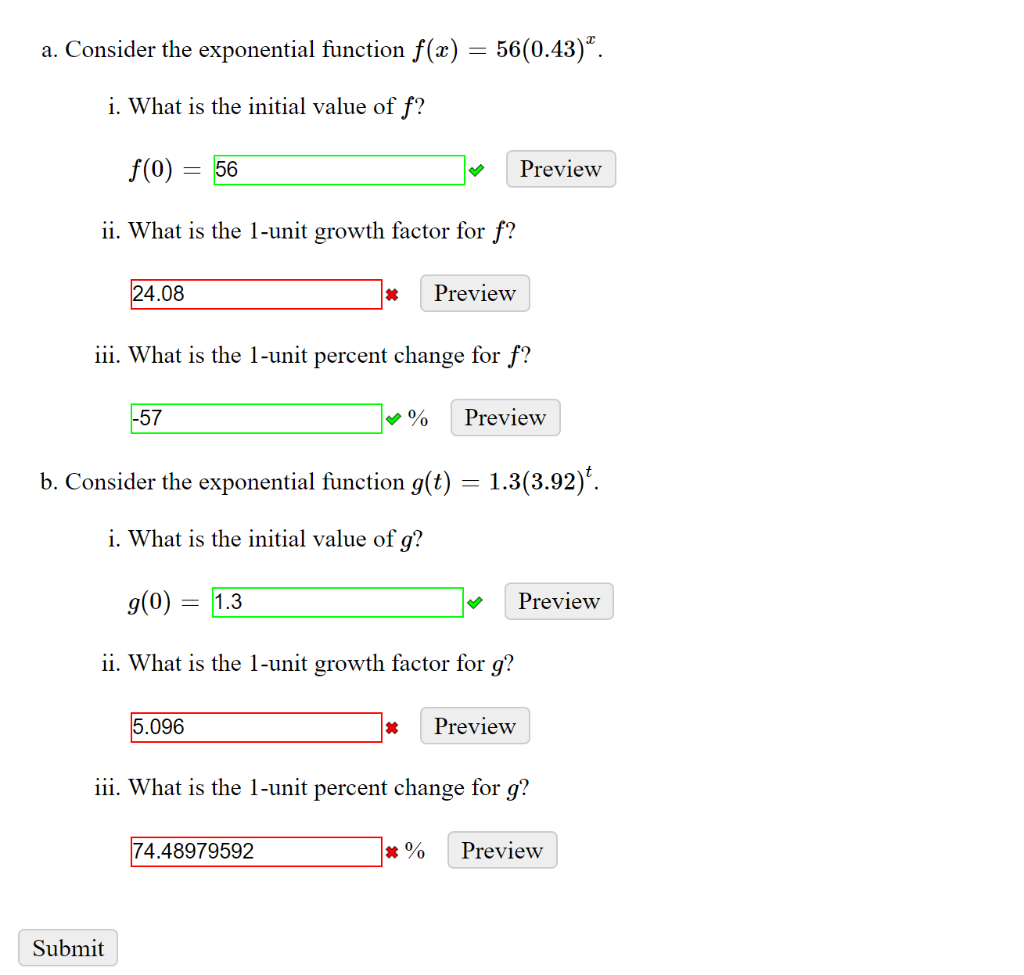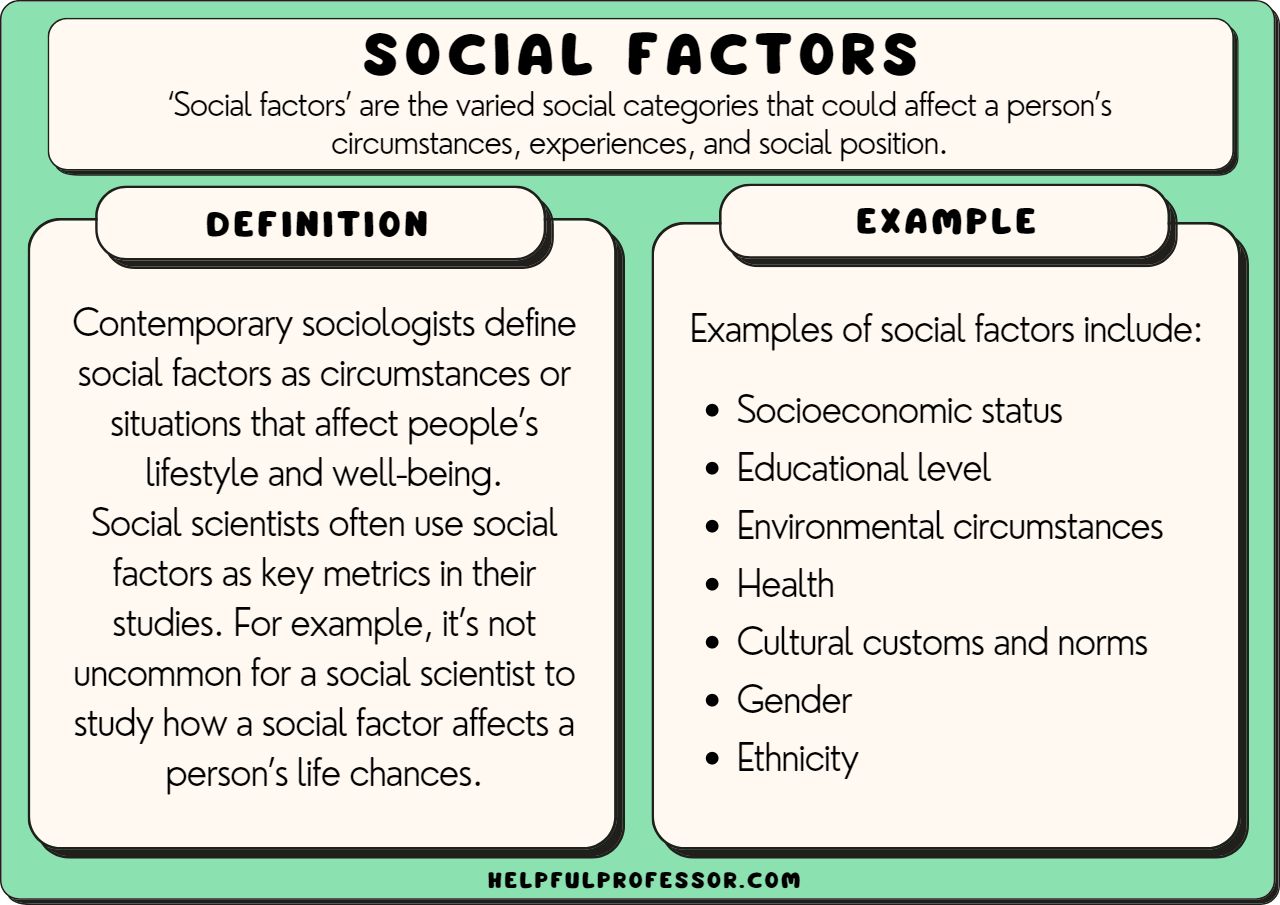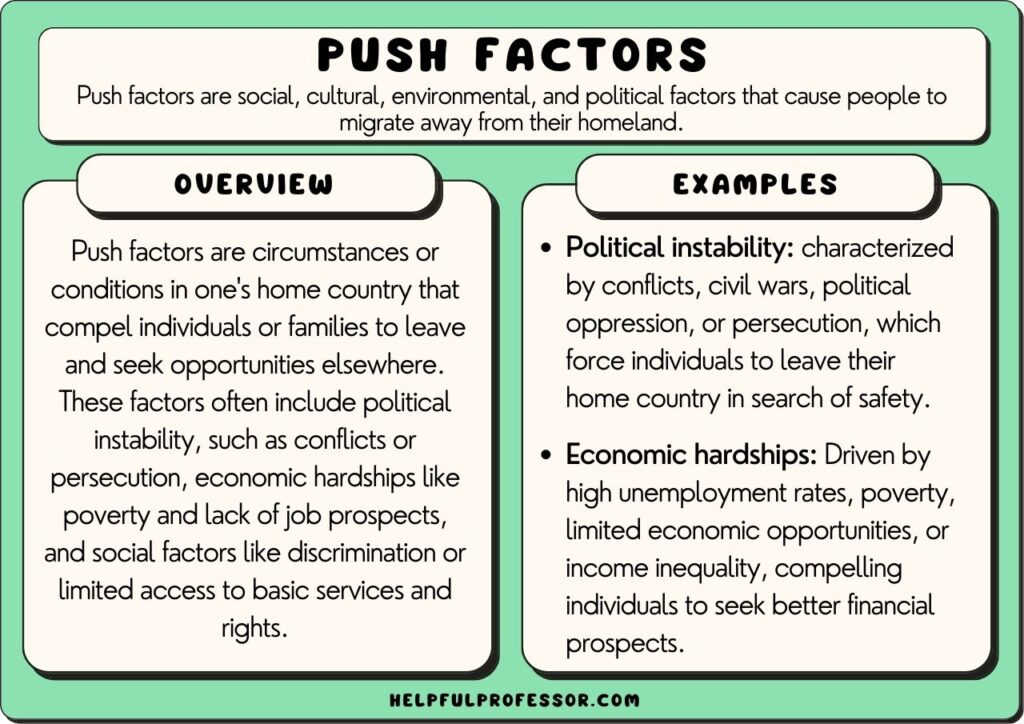Which Factor That Influences Value Considers The Property's Function

The real estate market, a complex interplay of economic forces and individual aspirations, hinges on a single, often elusive concept: value. Determining what makes a property desirable, and therefore valuable, involves assessing a multitude of factors. But amidst the sea of comparables, interest rates, and location advantages, one core element stands out as directly tied to the very essence of a property: its function.
This article delves into the critical role of a property's intended and actual function in influencing its assessed value. It explores how appraisers, investors, and homeowners alike consider this aspect when determining market worth. Ultimately, understanding this connection is crucial for anyone navigating the ever-shifting landscape of real estate valuation.
The Essence of Functionality: Defining the Term
When discussing a property's "function," we refer to its intended purpose and its capacity to fulfill that purpose effectively. This encompasses a wide range of considerations, from the obvious, like a residential property providing shelter and living space, to the more nuanced aspects of commercial properties, such as their suitability for specific business operations.
Think of a warehouse designed for cold storage versus one intended for dry goods. Each has a distinct function, and their value is directly correlated to how well they perform that function.
Highest and Best Use: The Cornerstone of Valuation
The concept of Highest and Best Use (HBU) is paramount when assessing a property's function. HBU, a fundamental principle in real estate appraisal, dictates that a property's value is derived from its most profitable, legally permissible, physically possible, and financially feasible use.
This means that even if a property is currently being used for one purpose, its potential for a more valuable function can significantly influence its market price. Consider a dilapidated building in a rapidly gentrifying neighborhood. Its current function may be minimal, but its potential for redevelopment into luxury apartments can dramatically increase its value.
How Function Drives Value: Specific Examples
Let's examine how function impacts value in different property types:
Residential Properties
For homes, functionality revolves around livability, convenience, and suitability for the target demographic. A house with a poorly designed layout, inadequate storage, or a non-functional backyard will likely be valued lower than a comparable property with these features.
"A well-designed kitchen is often cited as a key factor in residential property value," explains Sarah Miller, a certified residential appraiser with over 15 years of experience. "It's a central hub in many homes, and its functionality directly impacts the homeowner's experience."
Commercial Properties
Commercial properties are even more directly tied to their functional capabilities. Office buildings, retail spaces, and industrial facilities are all evaluated based on their ability to support the operations of the businesses that occupy them.
A retail space with poor visibility, limited parking, or an unsuitable layout for modern retail practices will command a lower rental rate and, consequently, a lower property value. Similarly, an industrial warehouse lacking adequate ceiling height, loading docks, or power supply will be less attractive to potential tenants and buyers.
Agricultural Land
Even agricultural land sees its value dictated by function. Soil quality, water availability, and accessibility to markets all impact its suitability for different types of farming. Land ideal for growing high-value crops will command a premium compared to land suitable only for grazing.
External Factors Influencing Functionality
A property's function doesn't exist in a vacuum. External factors can significantly influence its suitability and, therefore, its value. Zoning regulations, infrastructure development, and changing market demands can all play a role.
For example, a property rezoned from residential to commercial use can drastically increase in value due to its newfound potential for business operations. Conversely, the construction of a major highway near a residential property can negatively impact its value if it diminishes the property's appeal as a quiet and secluded home.
The Role of Adaptability in Long-Term Value
In today's rapidly evolving world, a property's adaptability – its ability to be modified or repurposed to meet changing needs – is increasingly important. Properties with flexible layouts, ample space for expansion, or the potential for conversion to alternative uses are often seen as more valuable investments.
A large, open-plan office building, for instance, can be easily reconfigured to accommodate different tenants or business models. In contrast, a building with a highly specialized design might be difficult and expensive to adapt to new uses, limiting its long-term value.
Conclusion: Function as a Guiding Principle
Understanding the interplay between a property's function and its value is crucial for making informed decisions in the real estate market. Whether you're a homeowner looking to maximize your property's value, an investor seeking profitable opportunities, or a real estate professional providing expert advice, remember that a property's function is not just a feature – it's a fundamental driver of its worth.
By carefully considering a property's intended purpose, its ability to fulfill that purpose effectively, and its potential for adaptation, you can gain a deeper understanding of its true value and make more strategic choices. The emphasis on function provides a compass, helping navigate the complexities of the real estate world towards informed and lucrative outcomes.
